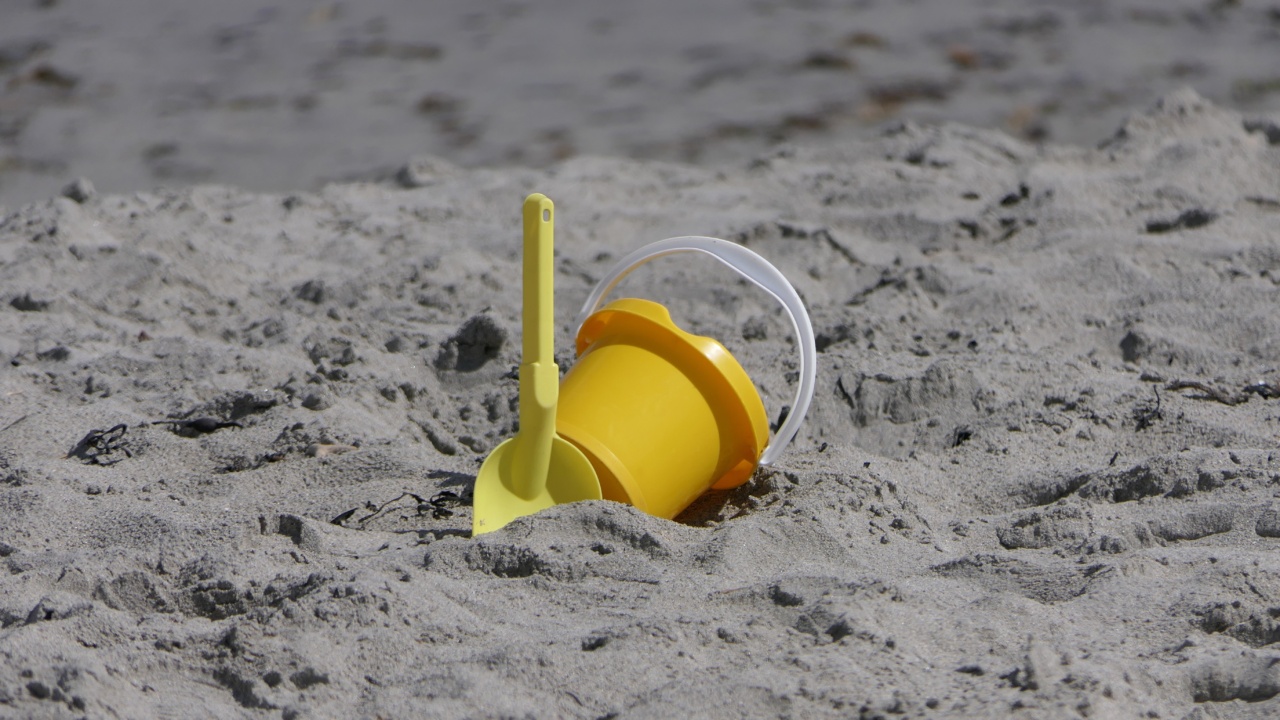A recent outbreak of the Western virus, specifically the Nile epidemic, has caused alarm as it claims lives and spreads quickly.
With four reported deaths and over 1900 confirmed infections, it is crucial to understand the nature of this deadly disease and take necessary precautions to prevent its further spread.
What is the Western Virus?
The Western virus is a family of viruses that primarily affects humans and animals. It includes various strains, each with distinct characteristics and geographic distributions.
One strain, known as the Nile virus, has gained significant attention due to its ability to cause severe illness in humans.
Causes of the Nile Epidemic
The Nile epidemic is caused by the transmission of the Nile virus. This virus is primarily transmitted through the bite of infected mosquitoes. Mosquitoes become carriers of the virus after biting infected birds.
When they subsequently bite humans, the virus is transmitted, leading to the epidemic.
Symptoms of the Nile Epidemic
The symptoms of the Nile epidemic vary from mild to severe and can resemble those of other common illnesses. Some of the common symptoms include fever, headache, body aches, fatigue, and occasionally a skin rash.
In severe cases, individuals may experience neurological symptoms such as neck stiffness, confusion, seizures, and paralysis.
Prevention Measures
Preventing the spread of the Nile epidemic involves several measures:.
- Use Mosquito Repellents: Use EPA-approved mosquito repellents containing ingredients such as DEET or picaridin.
- Avoid Peak Mosquito Times: Stay indoors during dawn and dusk when mosquitoes are most active.
- Eliminate Mosquito Breeding Sites: Remove standing water sources like flower pots, buckets, and birdbaths that can serve as breeding grounds for mosquitoes.
- Wear Protective Clothing: Cover exposed skin with long-sleeved shirts, long pants, and hats.
- Screens and Nets: Install or repair window screens and use bed nets to prevent mosquito bites while sleeping.
Treatment Options
Currently, there is no specific antiviral treatment available for the Nile epidemic. Most cases are mild and resolve on their own without medical intervention.
Over-the-counter pain relievers such as acetaminophen can help alleviate symptoms, but aspirin should be avoided. In severe cases involving neurological complications, hospitalization and supportive care become necessary.
Public Health Response
The government and public health agencies are actively involved in combating the Nile epidemic. Surveillance measures have been heightened in affected regions to identify new cases promptly.
Mosquito control initiatives, such as insecticide spraying, are being carried out to reduce the mosquito population and limit transmission. Public education campaigns are also underway to raise awareness about the virus, its symptoms, and preventive measures.
Conclusion
The Western virus Nile epidemic is a serious public health concern, with four deaths and over 1900 confirmed infections. Understanding the causes, symptoms, prevention, and treatment options is crucial in controlling the spread of this deadly disease.
By following preventive measures and staying informed, individuals can contribute to minimizing the impact of the Nile epidemic on their communities and protect themselves from its harmful effects.































